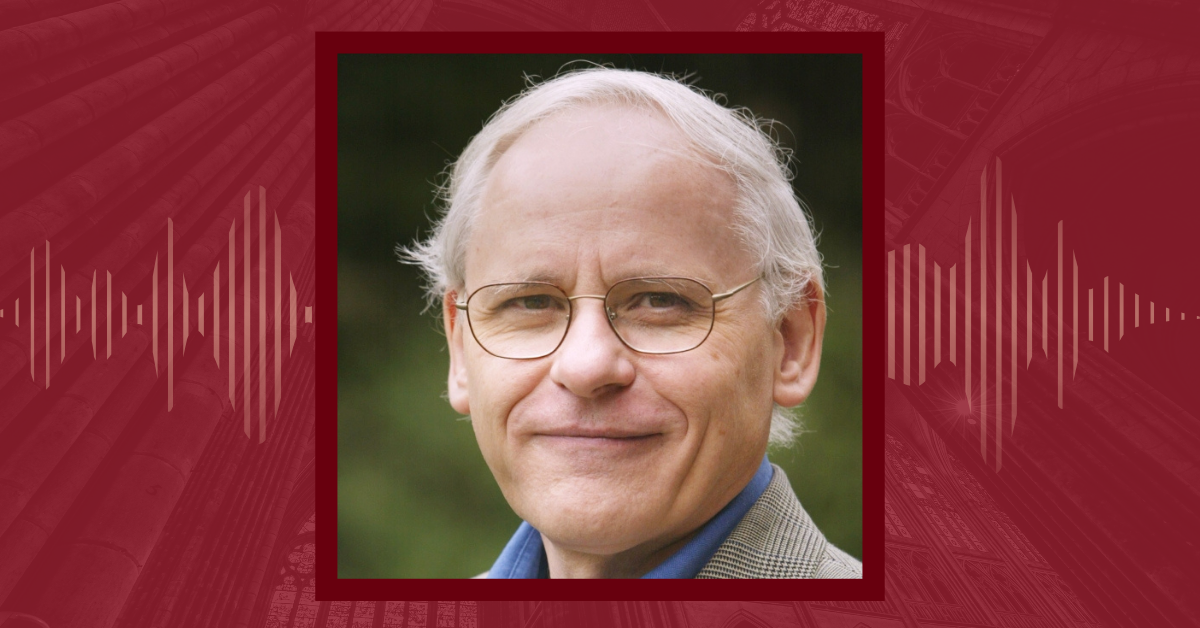
In the thirty-seventh episode of the “Saturdays at Seven” conversation series, Todd Ream talks with Karl E. Johnson, Executive Director of the Consortium of Christian Study Centers. Johnson begins by offering details concerning his experiences with outdoor education and the way those experiences serve as formative means to ends that include the cultivation of intellectual, moral, and theological virtues. Those details also include how Johnson’s disillusionment with the nature of the co-curricular offerings he encountered during his undergraduate years led him to outdoor education—experiences that then occurred in locales as close as the ropes course on campus and as far as peaks in Ecuador exceeding 20,000 feet. Ream and Johnson then discuss Johnson’s establishment of Chesterton House, the Christian study center at Cornell University, and offerings that include Bible study, community meals, lectures, discussions, sequences of reading, and a residential community. They explore where Chesterton House fits within the growing range of study centers established to serve students and scholars at various research universities. Ream and Johnson then close their discussion by discussing ways to foster the relationships that Christian study centers share with the Church as well as Church-related colleges and universities.



















